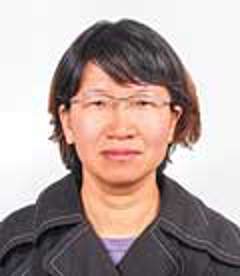Tang, J.
J. Tang is a Senior Engineer and specializes in developing new technologies for catalytic cracking process at the SINOPEC Research Institute of Petroleum Processing (RIPP). She has more than 14 yr of experience in developing new FCC processes and FCC trouble-shooting. Dr. Tang has published 18 papers and holds 27 patents. She was awarded the SINOPEC Science and Technology Progress Award in 2016. Dr. Tang received her MS degree and PhD in chemical processing from RIPP in Beijing, China.
Reduce dry gas and coke with a more flexible FCC technology
To meet increasingly stringent specifications for cleaner gasoline and to produce more clean fluid catalytic cracking (FCC) naphtha with lower olefins, a novel FCC technologya for maximizing isoparaffins was developed in the late 1990s. The technology’s principal is based on the formation and conversion of olefins in two different reaction zones.
Convert LCO to gasoline with a high RON
Due to the growing popularity of family automobiles in China, the country’s domestic oil market is experiencing a rise in gasoline consumption and a reduction in diesel consumption in recent years.
- 1
- ... 1 pages

- Transitional Industries and CFEnergia sign feedstock supply contract for $3.3-B Pacifico Mexinol project 2/17
- Neste and World Fuel Services extend partnership, expanding SAF availability at more than 100 airports in Europe 2/17
- U.S. refined product exports by tanker increase to > 6.3 MMbpd in January 2/17
- Japan's oil and gas independence climbs to highest since 2009 2/17
- Dangote signs $400-MM equipment deal with China's XCMG to speed up refinery expansion 2/17
- Former Lukoil-owned ISAB refinery in Sicily exits crisis procedure 2/17





